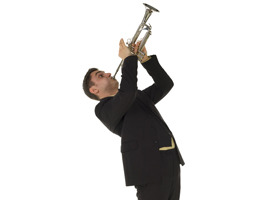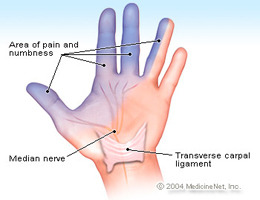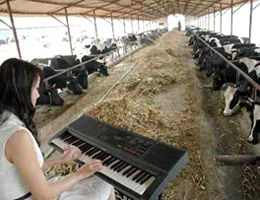It is estimated that shoulder injuries are one of the most common injuries among the general public and the third most common complaint among instrumental musicians.A shoulder injury can happen to a young athletic person as well as an older
Sciences
Jacqueline Mary du Pré (1945-1987) is arguably one of the most gifted cellists of our time. She is particularly remembered for her legendary debut performance of Elgar’s Cello Concerto in E minor (one of the favourite cello concertos of all
Nearly every day I see large advertisements promoting hearing devices. There is certainly a need. Hearing plays an essential role in communication, language development and learning. Even a small amount of hearing loss can have a profound, negative effect on
Without music life is unthinkable. Audience members and musicians are passionate about it, yet few people realize that decibels can be dangerous! Our world is toxically noisy and our hearing is jeopardized on a daily basis. The majority of cases
Gustav Mahler Das klagende Lied (1880) Kindertotenlieder (1904) Symphony No. 9 (1909) Summer of 1907 came as a nightmare for Austrian-Jewish composer Gustav Mahler (1860-1911). His five year old daughter Maria Anna died of scarlet fever and diphtheria; he lost
Injuries among musicians occur mainly due to overuse. Repetition, excessive force, poor posture, awkward positions, and little respite from our wonderful profession when stirred into the mix, is a recipe for disaster. Half of the injuries seen in musicians are
Stravinsky Symphony No. 1 in E flat major, Op. 1 (1907) At age nine, Russian musician Dmitry Shostakovich (1906-1975) was already a music prodigy. His parents took him to his first opera performance when he was five, only to find
Do cows understand music? Can animals appreciate the beauty of music? The term “playing music to a cow” (对牛弹琴) is an old Chinese proverb that came about when a man called Gong Mingyi played music to his cow, only to








